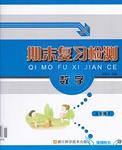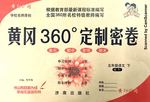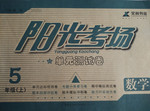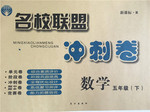题目内容
It was a beautiful, sunny day. I had just finished my daughter to the airport to catch an early morning flight. My sons and I went to a fast-food place for before heading back home. After eating, we all got into the car and pulled out of the . The restaurant was at the very top of a hill. At the bottom of the hill was a sign, so we found ourselves at the end of a line of traffic waiting while the cars at the bottom turned onto the road one at a time.
As I looked down to the bottom of the hill, my eyes saw an elderly man standing the stop sign. His clothes were and shabby (破旧的). He held a cardboard sign with the words “ Help Please!” written on it. My heart went out to him and I myself in his situation. As car after car turned onto the main road without for him, I reached for my wallet to look for whatever was left in it. As I was pulling it out of my wallet, , I saw a young woman walk up to him along the side of the road. She was carrying a bag full of taken out from the restaurant I was just at. I watched as the old man the young girl and smiled as she reached out her arms to give him a hug.
Suddenly a honk (喇叭声) from the car behind me made me realize that I hadn’t been forward because this simple choice for had captured (attracted) my attention and my heart. By the time I reached the of the hill, both the man and the lady who had helped him were gone. Yet, as I drove home, the sun seemed to shine even brighter and Heaven felt a bit closer to Earth.
1.A. forcing B. driving C. cheating D. asking
2.A. thenB.stillC. thusD. first
3.A. coffeeB. teaC. breakfastD. lunch
4.A.living room B.parking lotC. gardenD. yard
5.A. restB.turning C. stopD. slowing
6.A. quiet B.single C. longD. strange
7.A. oppositeB. mainC.downwardD. slim
8.A. on B. with C. over D. by
9.A. looseB. formalC. oldD. clean
10.A. Offer B.Call C.Need D. Refuse
11.A. hid B.remindedC. regretted D.imagined
12.A. stopping B. begging C. reachingD.praying
13.A. card B. numberC. cash D. information
14.A. therefore B. insteadC.anyway D. however
15.A.foodB. money C. hopeD. paper
16.A.rewardedB.admittedC. thanked D. paid
17.A. soft B. shortC. loud D. gentle
18.A. jumping B. pushingC.wanderingD. moving
19.A.courage B. trust C.kindness D. success
20.A. back B. topC. middle D. bottom
 期末复习检测系列答案
期末复习检测系列答案 超能学典单元期中期末专题冲刺100分系列答案
超能学典单元期中期末专题冲刺100分系列答案 黄冈360度定制密卷系列答案
黄冈360度定制密卷系列答案 阳光考场单元测试卷系列答案
阳光考场单元测试卷系列答案 名校联盟冲刺卷系列答案
名校联盟冲刺卷系列答案
